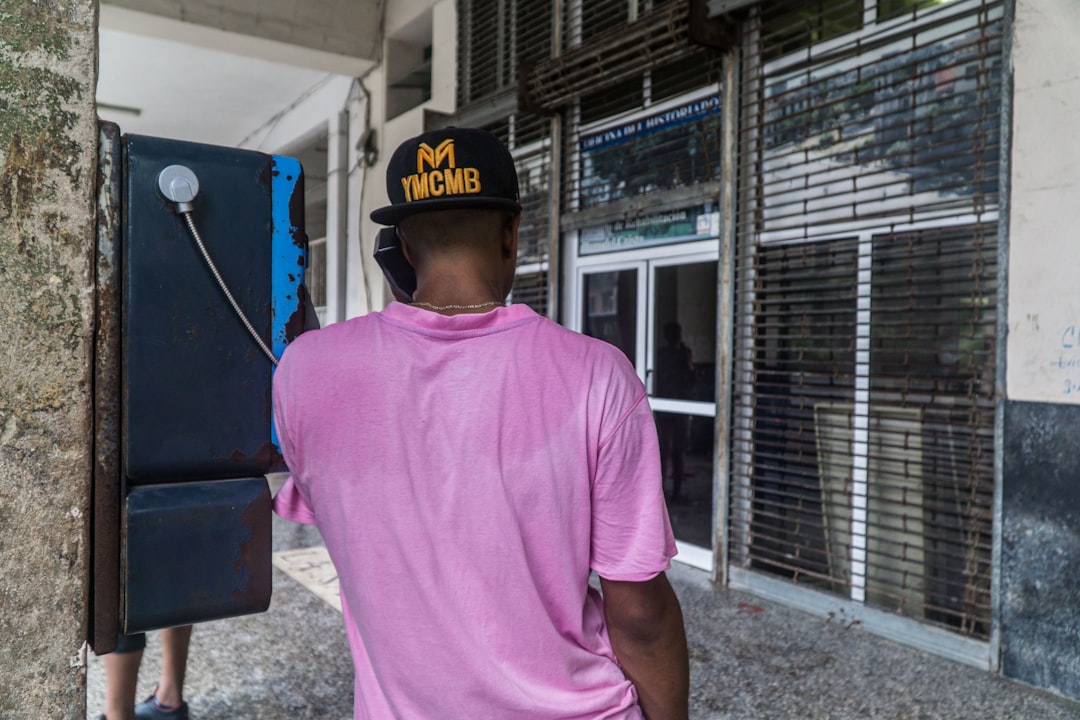In Houston's competitive rideshare market, adhering to federal regulations like the TCPA is vital for maintaining a positive business image and avoiding substantial fines. The TCPA protects consumers from unwanted calls and texts by emphasizing consent and data privacy. Rideshare companies must implement robust call tracking, obtain explicit passenger marketing consent, and stay updated on legal exceptions. Collaborating with a specialized Spam Call Law Firm Houston is essential for navigating these complex regulations, ensuring consumer trust, and fostering legal compliance.
“In the dynamic rideshare industry of Houston, navigating regulatory compliance is paramount, especially regarding the Telephone Consumer Protection Act (TCPA). This act imposes stringent restrictions on automated calls and text messages, aiming to curb spam. Our article explores the profound impact of TCPA regulations on Houston’s rideshare sector and offers valuable insights for companies seeking to stay compliant. We delve into legal obligations, effective strategies, and highlight the crucial role a Spam Call Law Firm in Houston plays in safeguarding businesses and drivers from potential violations.”
Understanding the TCPA and Its Impact on Houston's Rideshare Industry

In the dynamic landscape of Houston’s rideshare industry, understanding and adhering to federal regulations like the Telephone Consumer Protection Act (TCPA) is paramount. This stringent Spam Call law firm Houston has far-reaching implications for businesses operating within the city’s bustling ride-hailing ecosystem. The TCPA was designed to curb unwanted telemarketing practices, including spam calls and text messages, thereby protecting consumers from invasive marketing tactics.
For Houston’s rideshare companies, TCPA compliance means ensuring that customer interactions, particularly over the phone or via SMS, are consensual and respectful of user privacy. This includes obtaining explicit opt-in consent for marketing communications, implementing robust data management practices to safeguard passenger information, and avoiding automated calls unless permitted by law. Failure to comply can result in substantial fines, damaging the reputation of these companies and fostering a negative perception among consumers, underscoring the importance of staying informed about and adhering to this critical legislation.
Navigating Spam Call Regulations: Legal Obligations for Rideshare Companies

Navigating Spam Call Regulations is a critical aspect of operating in Houston’s dynamic rideshare industry. With the rise of technology, communication methods have evolved, and so have consumer protections against unwanted calls. The Telemarketing Consumer Protection Act (TCPA) sets strict guidelines to prevent spam calls, ensuring consumers’ privacy and peace of mind. Rideshare companies in Houston must adhere to these regulations to avoid legal repercussions.
Houston’s rideshare companies are legally obligated to implement robust call tracking and blocking systems to combat spam calls. This involves obtaining explicit consent from passengers before using their contact information for marketing purposes. Any violation of these rules, as interpreted by a Spam Call law firm in Houston, can lead to substantial fines and damage the company’s reputation. Therefore, it is imperative for businesses in this sector to stay informed about TCPA compliance to foster trust with their customers.
Effective Strategies to Ensure TCPA Compliance in Daily Operations

Ensuring TCPA (Telemarketing Consumer Protection Act) compliance in Houston’s rideshare industry is paramount to avoiding legal repercussions and maintaining a positive public image. A key strategy involves implementing robust customer consent management systems that clearly define when and how caller data is collected, stored, and utilized. This includes obtaining explicit opt-in consent for marketing calls from passengers who have used the service, with options for easy opt-out mechanisms. Regular training sessions for employees on TCPA regulations and best practices can also help prevent accidental non-compliance due to human error.
Additionally, using advanced call routing technologies that allow for intelligent number selection can significantly reduce the risk of spam calls. This involves identifying and avoiding numbers that have indicated disinterest or are known to be on do-not-call lists. Working with a reputable Spam Call law firm Houston can provide valuable insights and guidance tailored to local regulations, ensuring that rideshare companies stay ahead of the curve in terms of TCPA compliance.
The Role of a Spam Call Law Firm in Houston: Protecting Businesses and Drivers

In the dynamic landscape of Houston’s rideshare industry, navigating regulatory compliance is an ongoing challenge. This is where a specialized Spam Call Law Firm in Houston plays a pivotal role. These legal experts are instrumental in safeguarding both businesses and drivers from the complexities of TCPA (Telecommunications Consumer Protection Act) regulations. By providing tailored guidance and representation, they ensure that communication practices adhere to stringent legal standards, thereby mitigating potential risks and penalties.
The expertise of these firms lies in their ability to interpret and enforce the TCPA’s provisions regarding spam calls, ensuring that rideshare companies and drivers avoid unintentionally violating consumer rights. Through proactive measures, including training on acceptable communication methods and drafting compliant consent agreements, they foster an environment where businesses thrive within legal boundaries. This not only protects operators from legal repercussions but also instills confidence in customers, fostering a positive perception of the city’s rideshare services.






